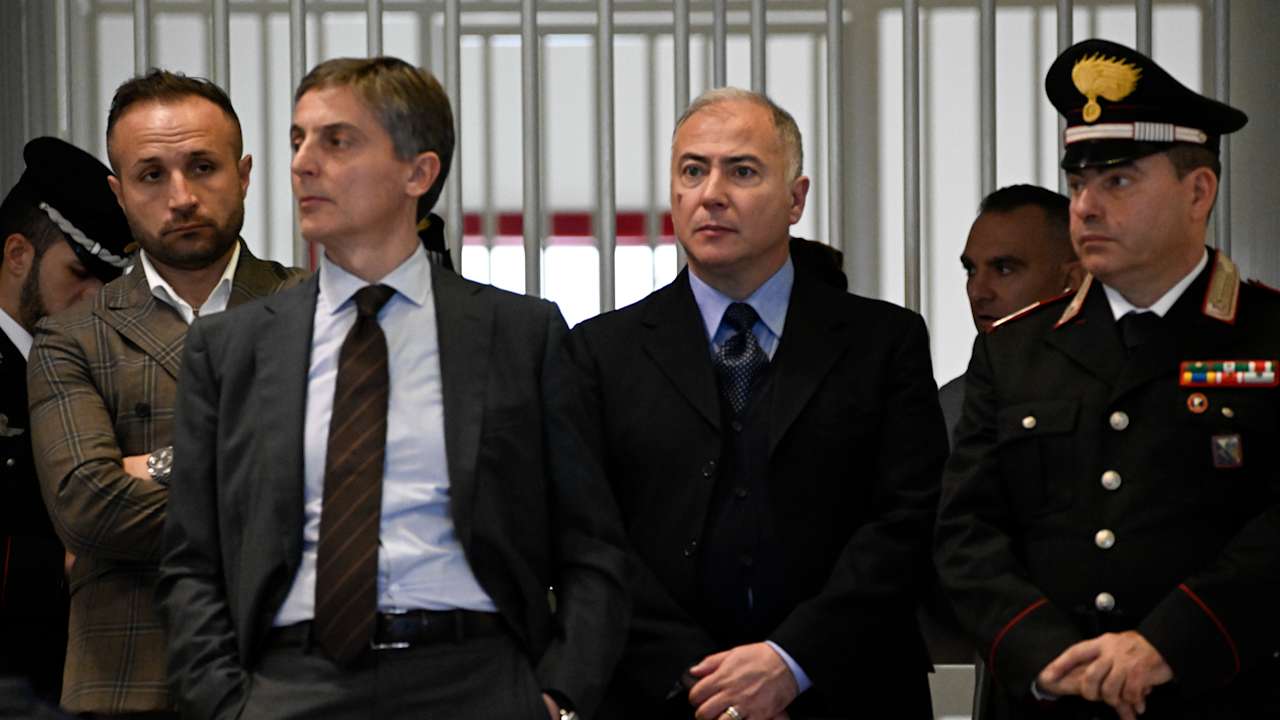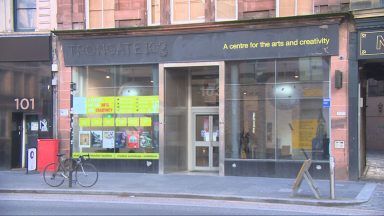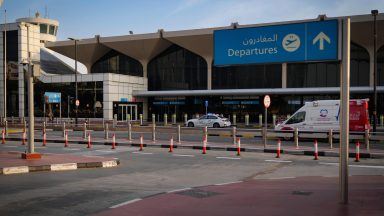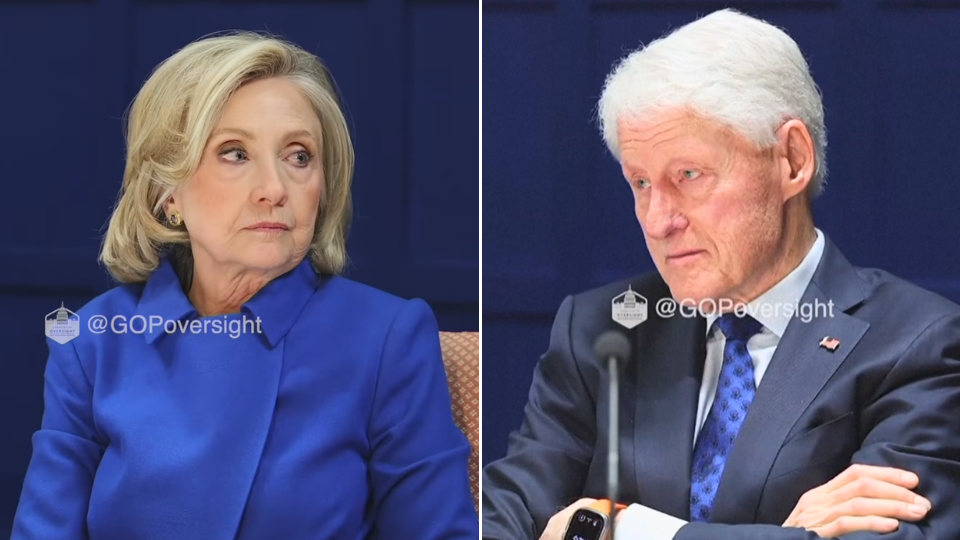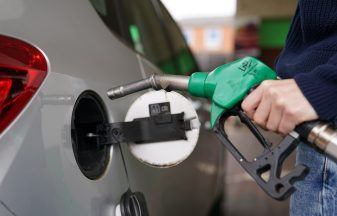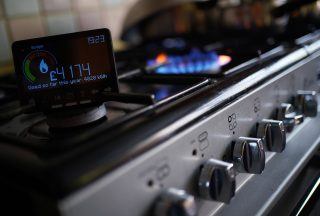Over 200 Italian mafia members have been sentenced to 2,200 years in prison in a landmark court case.
The sentencing marks the end of a three-year trial in the southern Calabria region where the ‘Ndrangheta mafia group had quietly amassed power.
The syndicate is seen as one of the most powerful crime organisations on the planet and now holds almost a monopoly on cocaine importation in Europe, according to anti-mafia prosecutors who led the investigation in southern Italy.
The organisation also has bases in North and South America and is active in Africa, Italian prosecutors maintain, and ‘Ndrangheta figures have been arrested in recent years around Europe and in Brazil and Lebanon.
It is said to have an annual turnover of £52 billion.
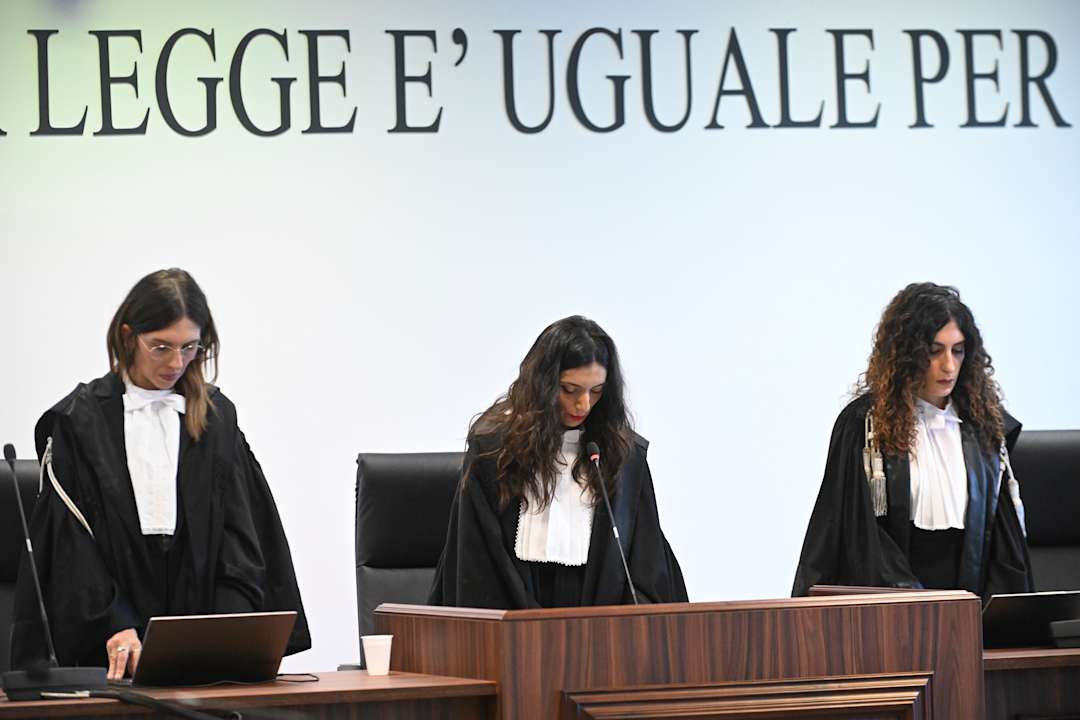
The trial took place in a specially constructed high-security bunker. Part of an industrial park in Lamezia Terme, the bunker is so vast that video screens were anchored to the ceiling so participants could view the proceedings.
Since retiring in October to consider the verdicts, the three judges at the head of the case have lived in a safe house under police protection.
More than 320 defendants were charged with crimes that include drug and arms trafficking, extortion and mafia association, a term in Italy’s penal code for members of organised crime groups.
Others were charged with acting in complicity with the ’Ndrangheta without actually being a member.
The charges grew out of an investigation of 12 clans linked to a convicted ‘Ndrangheta boss.
The central figure, Luigi Mancuso, served 19 years in Italian prison for his role in leading what investigators allege is one of the ‘Ndrangheta’s most powerful crime families, based in the town of Vibo Valentia.
Based almost entirely on blood ties, the ‘Ndrangheta was substantially immune to turncoats for decades, but the ranks of those turning state’s evidence are becoming more substantial.
Several dozen informants in the case came from the ‘Ndrangheta, while others formerly belonged to Sicily’s Cosa Nostra.
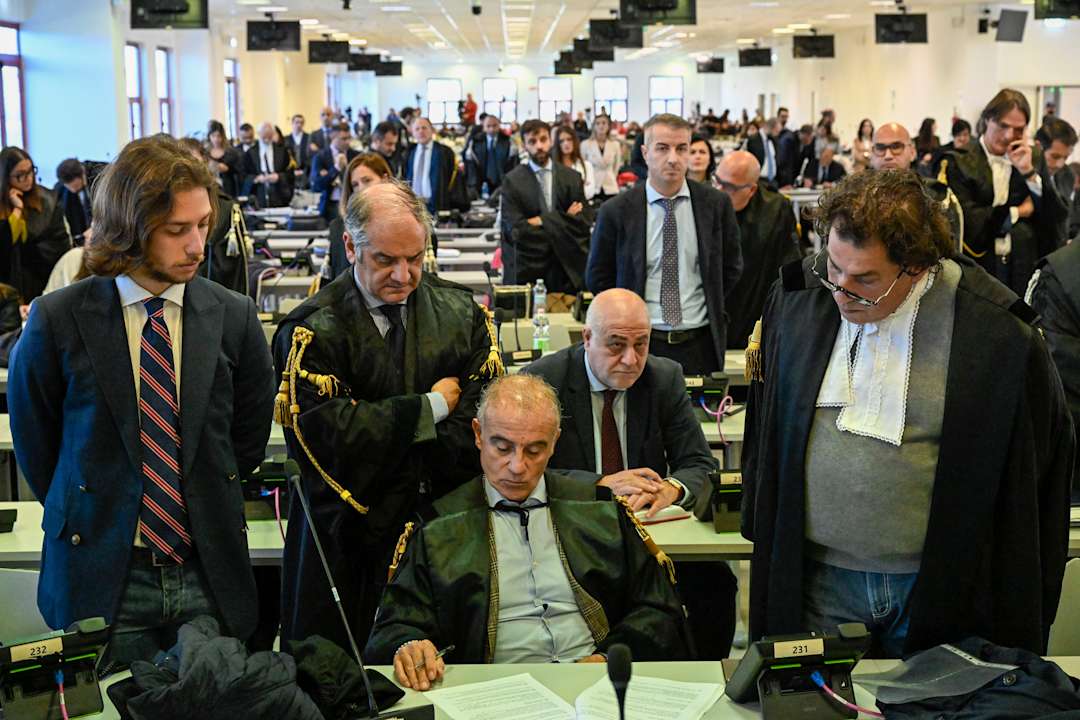
Despite the large number of defendants, the trial wasn’t Italy’s biggest one involving alleged mobsters.
In 1986, 475 alleged members of the Sicilian Mafia went on trial in a similarly constructed bunker in Palermo.
The proceedings resulted in more than 300 convictions and 19 life sentences. That trial helped reveal many of the brutal methods and murderous strategies of the island’s top mob bosses.
In contrast, the trial involving the ‘Ndrangheta was aimed at securing convictions and sentences based on alleged acts of collusion among mobsters and local politicians, public officials, businessmen and members of secret lodges to show how deeply rooted the syndicate is in Calabria.
The trial revealed the group had used its profits from cocaine to buy hotels, restaurants, pharmacies, car dealerships and other businesses throughout Italy, especially in Rome and the country’s affluent north.
The buying spree spread across Europe as the syndicate sought to launder illicit revenues but also to make “clean” money by running legitimate businesses, including in the tourism and hospitality sectors, investigators alleged.
Follow STV News on WhatsApp
Scan the QR code on your mobile device for all the latest news from around the country


